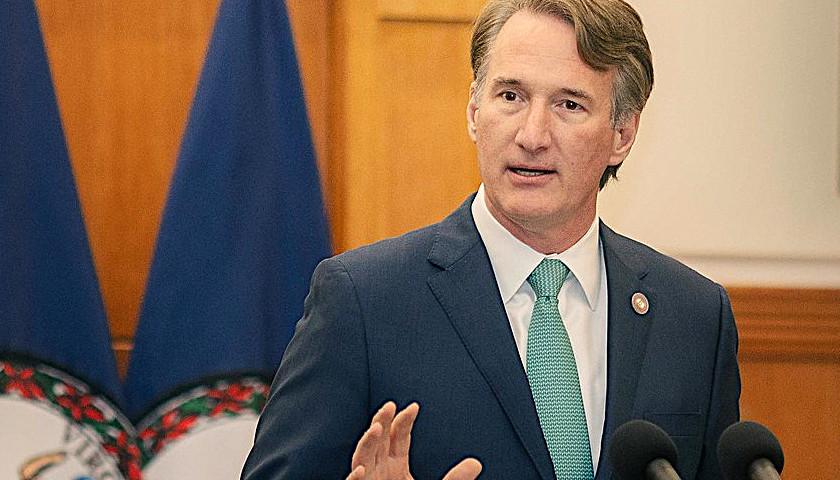by Madison Hirneisen
Facing a Monday deadline to act on bills passed by the Virginia General Assembly, Gov. Glenn Youngkin signed hundreds of bills into law this week.
Lawmakers in the Virginia General Assembly sent hundreds of bills to the governor’s desk during this legislative session. Here’s a look at a few bills the governor approved this week:
JURY DUTY PAY
Virginia is set to raise daily jury duty pay from $30 to $50 per day under a pair of bills signed by Youngkin this week, representing the first time in three decades the state is adjusting the rate.
Del. Angelia Williams-Graves, D-Norfolk, previously told The Center Square that compromises on the measure ultimately came down to the budget. The original version of both bills would have raised jury duty pay to $100 per day.
CLASSIFYING FENTANYL AS ‘WEAPON OF TERRORISM’
Virginia will define “any mixture or substance containing a detectable amount of fentanyl” as a “weapon of terrorism” by law under a pair of bills approved by Youngkin this week. The measure also specifies anyone who “knowingly and intentionally” manufactures or distributes a substance with a detectable amount of fentanyl is guilty of a Class 4 felony – a charge that carries a sentence of two to 10 years, and a fine of up to $100,000, as previously reported by The Center Square.
RENEWAL OF WHOLESOME FOOD TAX CREDIT
Youngkin approved a bill this week that would renew and expand tax credits for farmers who donate surplus crops to nonprofit food banks. As previously reported by The Center Square, each farmer could claim a maximum of $10,000 in tax credits for donations of food crops starting in the 2023 tax year.
The bill’s author, Del. Elizabeth Bennett-Parker, D-Alexandria, said in January the measure will benefit both farmers and food pantries across the commonwealth.
“Our farmers stand ready and willing to donate surplus food, but it has to make sense for their bottom lines as they incur many costs associated with harvesting, packing and transporting donated products,” Bennett-Parker said.
UNIVERSITY HOUSING FOR FORMER FOSTER YOUTH
Public institutions of higher education will soon be required to provide access to university housing at no-cost during scheduled intercessions and holidays to any individual who meets the criteria for certain grants under Virginia law, including students who were in foster care when they turned 18 and received a high school diploma.
Del. Anne Tata, R-Virginia Beach, the author of HB 1403, told lawmakers during a January hearing that between 400 and 500 youth age out of foster care every year in Virginia. She said nationwide, about 3% of these youth go on to obtain a four-year degree, adding that during college breaks and holidays, “some of these children ended up in homeless shelters since they no longer had their foster home.”
“This is a bill to allow youth to remain in their college or university housing during holiday, spring or summer breaks,” Tata said.
PARENTAL NOTIFICATION FOR BULLYING
Public school boards across the state will soon be required to require principals to notify parents of students involved in an alleged bullying incident within 24 hours of learning of the allegation under a bill signed this week. Under current law, principals only have to notify parents of the status of an investigation into the alleged bullying incident within five days of when the allegation was made.
– – –
Madison Hirneisen is a staff reporter covering Virginia and Maryland for The Center Square. Madison previously covered California for The Center Square out of Los Angeles, but recently relocated to the DC area.
Photo “Glenn Youngkin” by Glenn Youngkin. Background Photo “Fentanyl” by U.S. Customs and Border Protection.





